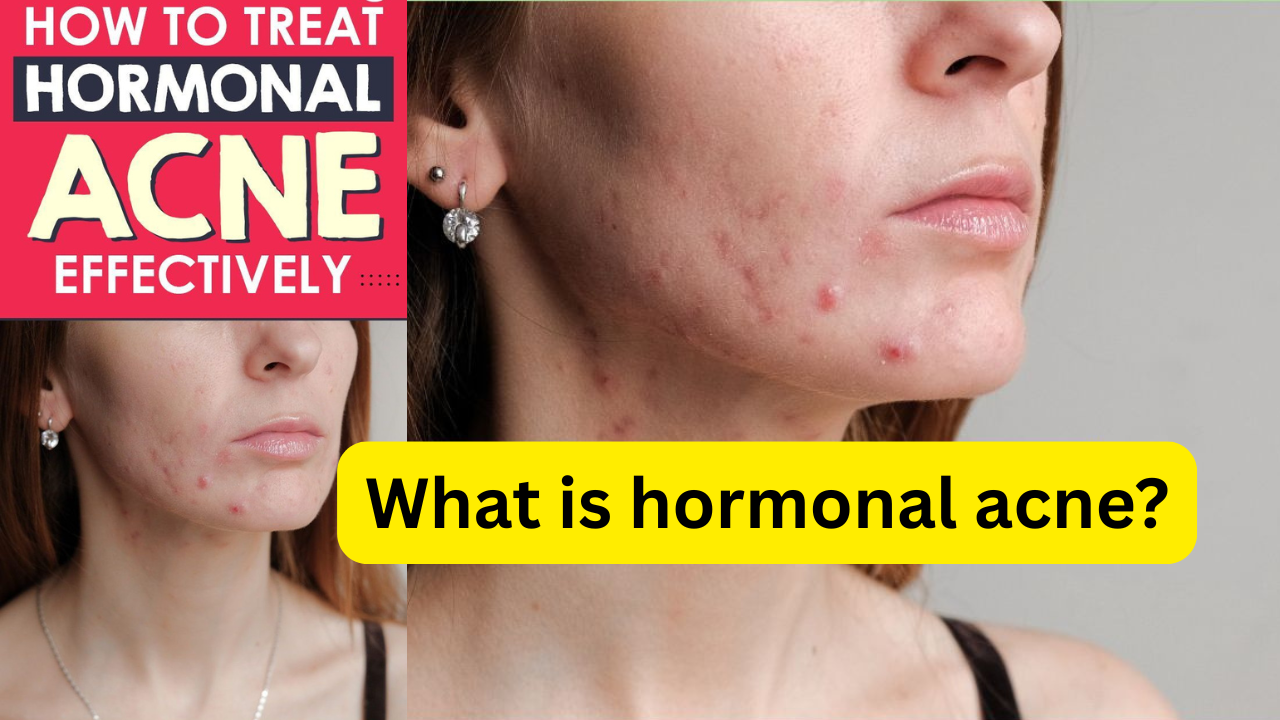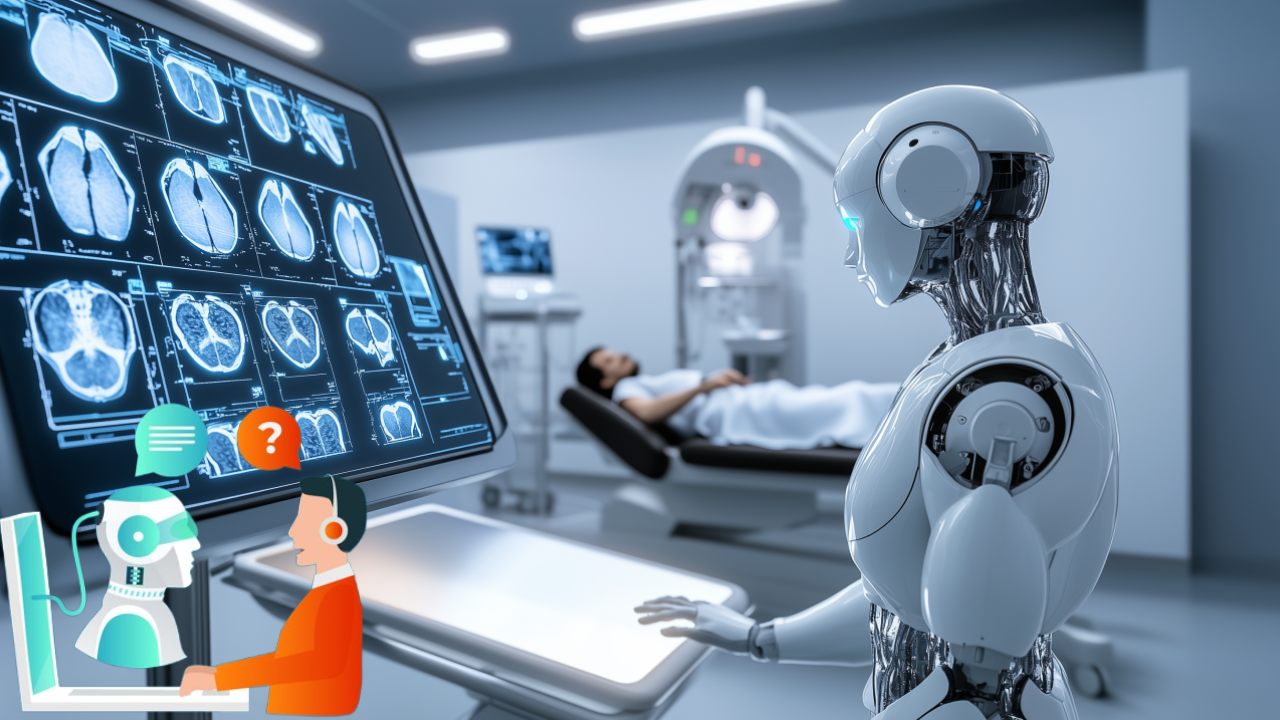Hormonal Acne: Causes, Symptoms & Proven Solutions for Clear Skin

Strong 8k brings an ultra-HD IPTV experience to your living room and your pocket.
Hormonal acne solutions for women,
Best hormonal acne products USA
Learn the top causes of hormonal acne, expert solutions, treatments, and lifestyle tips to get rid of hormonal breakouts naturally and effectively.
Hormonal acne causes and treatment.How to cure hormonal acne naturally.Healthy diet for hormonal acne.Effective solutions for hormonal breakouts
Introduction: What Is Hormonal Acne?
Hormonal acne is a type of acne caused by fluctuations in hormone levels, particularly androgens like testosterone. It often appears on the lower face, jawline, chin, and neck, and is most common among teenagers, women during menstruation, and people with polycystic ovarian syndrome (PCOS). Unlike regular acne, hormonal acne tends to be deep, cystic, painful, and more stubborn.
In this guide, we’ll explore what triggers hormonal acne, how to treat it naturally and medically, and what lifestyle changes can help you maintain clear skin.
What Causes Hormonal Acne?
1. Hormonal Imbalances
The root cause of hormonal acne lies in the imbalance of hormones such as androgens. These hormones increase the size and activity of sebaceous glands, leading to clogged pores and breakouts.
2. Menstrual Cycle
Many women experience acne flare-ups around their periods due to hormonal shifts. This is known as cyclic acne and typically occurs 7–10 days before menstruation.
3. Polycystic Ovary Syndrome (PCOS)
Women with PCOS often have elevated androgen levels, which trigger persistent acne on the face and body.
4. Stress
Stress increases cortisol, which can indirectly boost androgen production, worsening acne.
5. Poor Diet
High-glycemic foods, dairy, and processed meals can spike insulin levels, promoting acne-causing hormones.
6. Cosmetic Products
Heavy makeup, pore-clogging skin care, and improper cleansing can worsen hormonal acne.
Symptoms of Hormonal Acne
Deep, cystic pimples that are painful to touch
Acne on the lower face, chin, and jawline
Breakouts that worsen during periods or stress
Oily skin with occasional whiteheads and blackheads
Recurrent breakouts that don’t respond to standard treatments
Natural Solutions for Hormonal Acne
1. Balanced Diet
Focus on a low-glycemic, anti-inflammatory diet:
Include leafy greens, omega-3 fatty acids (salmon, flaxseed), and zinc-rich foods (pumpkin seeds).
Avoid sugar, dairy, and refined carbs.
2. Herbal Supplements
Some natural remedies help balance hormones:
Spearmint tea – reduces androgen levels
Vitex (Chasteberry) – regulates female hormones
Zinc and Omega-3s – control inflammation
Note: Always consult a doctor before using herbal supplements.
3. Hydration & Sleep
Drinking enough water flushes toxins, while 7–9 hours of sleep helps hormone regulation.
4. Stress Management
Practice yoga, meditation, and exercise to reduce cortisol and improve skin health.
Medical Treatments for Hormonal Acne
1. Topical Retinoids
Derived from Vitamin A, retinoids unclog pores and reduce inflammation. Adapalene and tretinoin are popular options.
2. Oral Contraceptives
Birth control pills regulate estrogen and progesterone, reducing acne-causing androgens.
3. Spironolactone
A prescription drug that blocks androgen receptors in the skin, effectively reducing hormonal acne in women.
4. Isotretinoin (Accutane)
Used in severe cases when other treatments fail, isotretinoin permanently reduces oil production.
5. Chemical Peels & Laser Therapy
Professional treatments to exfoliate skin and reduce scarring caused by cystic acne.
Best Skin Care Routine for Hormonal Acne
Step Product Type Why It Helps
Cleanse Gentle foaming cleanser Removes excess oil and bacteria
Tone Salicylic acid toner Exfoliates and unclogs pores
Treat Niacinamide or Retinoid Reduces inflammation and oil
Moisturize Oil-free moisturizer Hydrates without clogging
SPF Broad-spectrum sunscreen Prevents hyperpigmentation
Lifestyle Changes to Support Clear Skin
- Exercise regularly to improve circulation and reduce stress
- Limit caffeine and alcohol
- Clean makeup brushes weekly
- Change pillowcases twice a week
- Avoid touching your face
FAQs About Hormonal Acne
Q1: How do I know if my acne is hormonal?
A: If your acne flares up during your menstrual cycle or affects your lower face, it may be hormonal. A dermatologist can confirm through tests.
Q2: Can hormonal acne go away naturally?
A: For some, especially teenagers, it may fade over time. However, adult women may need treatment to control it.
Q3: Which foods trigger hormonal acne?
A: High-sugar foods, dairy, fast food, and processed snacks are common triggers.
Q4: How long does it take to see results from treatment?
A: It may take 3–6 months of consistent treatment to see major improvements.
Q5: Can men get hormonal acne, too?
A: Yes, men can develop acne due to high testosterone levels, poor diet, or stress.
Final Thoughts: Clear Skin Is Possible
Hormonal acne can be frustrating, but it's manageable with the right combination of diet, lifestyle, and treatment. Everyone's skin is different, so what works for one may not work for another. Start with small changes and consult with a dermatologist for a customized treatment plan.
Note: IndiBlogHub features both user-submitted and editorial content. We do not verify third-party contributions. Read our Disclaimer and Privacy Policyfor details.



